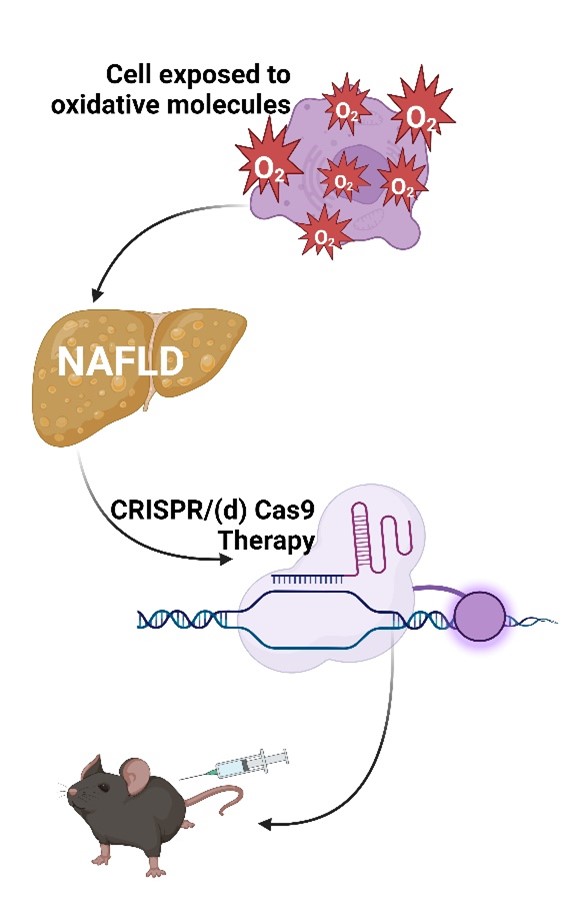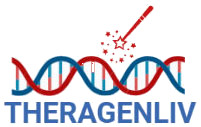Project
Abstract
The present proposal aims at developing novel treatments for Nonalcoholic Fatty Liver Disease (NAFLD), which arises from lipid accumulation in the hepatocytes (Hep) and alters the liver normal function. NAFLD is associated with obesity, dyslipidemia, and insulin resistance, known risk factors for type-2 diabetes mellitus (T2DM), 75% of diabetic patients displaying NAFLD. Hepatic lipid metabolism depends on the small intestine lipid uptake and export, and affects the pancreatic β-cells function. Hepatic lipid accumulation is benign, but associated with increased oxidative stress (OxS) generates oxidized lipids that are harmful for Hep. Increased OxS is often associated with NAFLD, intestinal disorders and β-cells dysfunction. The metabolic crosstalk between enterocytes (Ent), Hep, β-cells and endothelial cells (EC) is affected by OxS and lipid traffic. Since no specific therapy is presently approved for NAFLD treatment, and exogenous antioxidants failed to prove efficient against OxS, we hypothesize that the stimulation of endogenous antioxidants production and cholesterol efflux may alleviate NAFLD.
The originality of this proposal lies in boosting the antioxidant defence by increasing the levels of superoxide-dismutase 1 (SOD1) and glutamate-cysteine ligase/glutathione reductase (GCL/GR), on one hand, and increasing the lipid discharge of Hep by stimulation of cholesterol efflux transporters ABCG5/8, on the other, in Ent and Hep to reverse or ameliorate NAFLD.
The innovative approach is the use of activating CRISPR/dCas9 technology to overexpress SOD1, GCL/GR, and ABCG5/8 in Ent and Hep, and further to demonstrate the potential of manipulated cells to improve the metabolic crosstalk between Ent, Hep and peripheral cells, such as pancreatic β-cells or EC.
The expected results will help to develop innovative cell/tissue-specific gene therapies for a better management of OxS and lipid discharging in NAFLD and T2DM, a disease with major socio-economic impact.
 |
The major aim of THERAGENLIV project is to alleviate non-alcoholic fatty liver disease (NAFLD) by using the CRISPR/dCas9 technology to overexpress endogenous antioxidant enzymes or cholesterol efflux transporters in enterocytes and hepatocytes |


